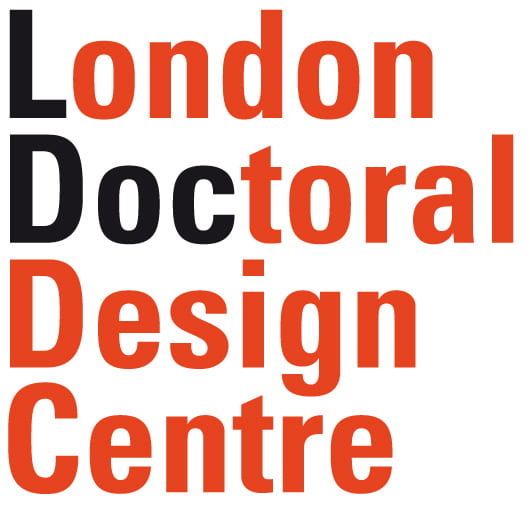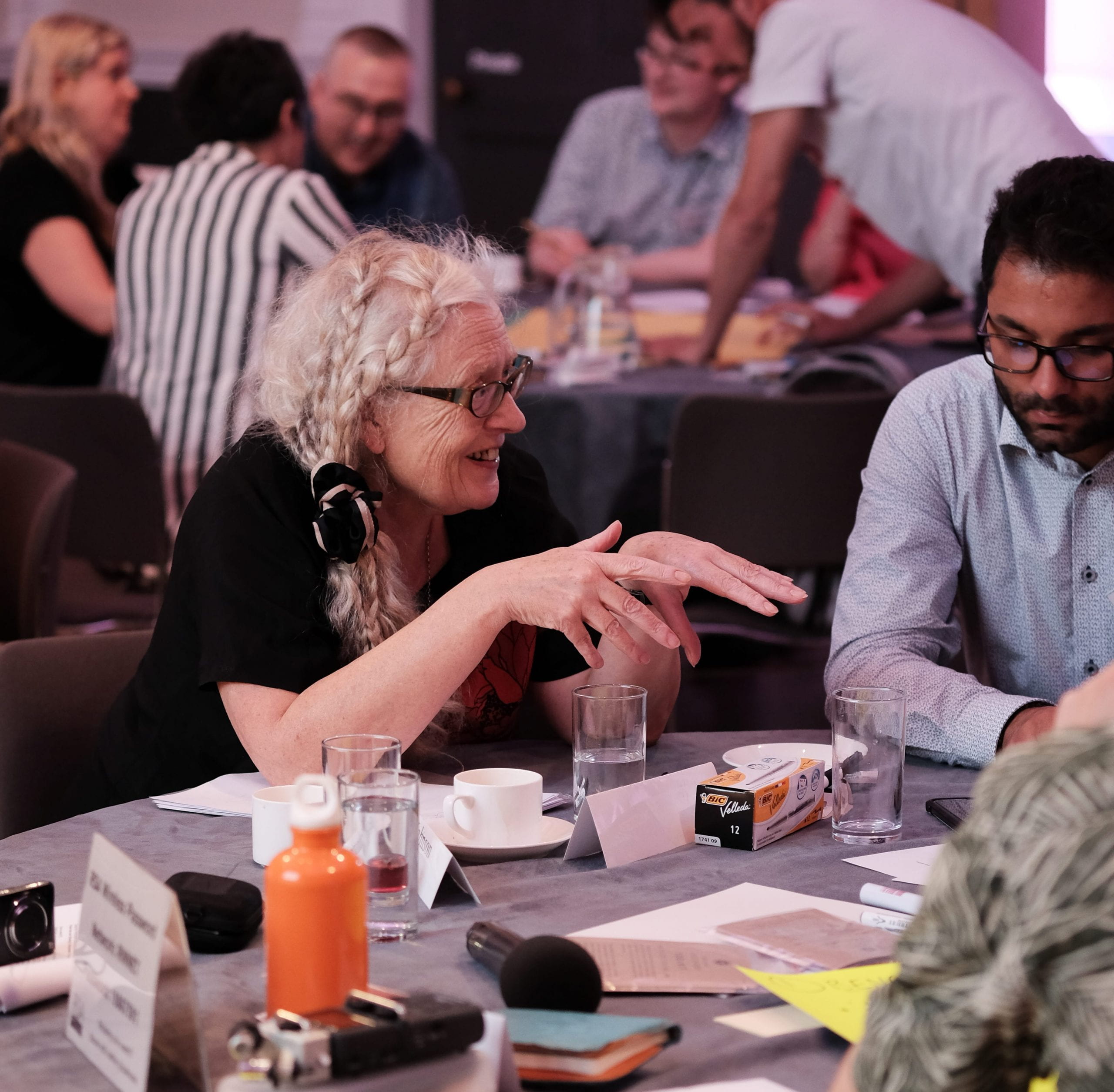The Designing Participation conference was held at the Royal Society of the Arts in London on 26 May 2017. The event was organised by LDoc researchers Julia Johnson, Jack Champ and Will Renel with support from the LDoc Cohort Development Fund. The conference provided the opportunity for participatory arts companies to share best practice and evaluation techniques, and to consider the benefits and challenges of designing and delivering participatory arts programmes and projects. This was achieved throughout the day via a series of lively, fun and thought-provoking talks and workshops.
The principle objective of the event involved revisiting recommendations made in a 2010 report by the Arts Council England (ACE) entitled Adult Participatory Arts: Thinking it Through, which showcased the best practice of thirteen participatory arts companies working in the UK. The conference aimed to follow up on two key recommendations included in this review, firstly: “That the 13 companies share expertise and intelligence on their work within the charitable and third sectors and disseminate this to a wider audience’’ and ‘’That an evidence base for participatory work is developed, to be shared between the 13 review companies, similar arts organisations and Arts Council England, so that they can respond more easily to government policies and targets’’ (ACE 2010).
The event was split into two halves, the conference opened with Julia Johnson outlining the key themes and purpose of the day, including her research interests, followed by Jack Champ and Will Renel, who spoke briefly about the projects they were working on. Following the introduction by the organisers, delegates were addressed by keynote speakers: Rosy Martin (Artist, photographer, psychological therapist and workshop leader) and Cian Binchy (Writer and actor from Access All Areas). Both presentations were engaging, informative and very well received by everyone in the room.
The afternoon session included a series of workshops, developed in small groups, during which knowledge and experiences were shared whilst considering several key questions. The participatory workshops aimed to generate research: Activities one and two involved presenting findings back to the larger group on coloured card; activity three’s responses were creatively recorded by writing and drawing on balloons.
Workshop Activity one focused on defining the benefits, challenges and most effective methodologies to deliver participatory arts programmes to the communities involved.
Workshop Activity two focused on evaluation techniques and how evaluation could provide a genuine understanding of participants’ experiences of programmes and support the improvement of projects.
Activity three focused on future opportunities and directions that have the potential to inform the effective design and delivery of participatory arts programmes. Finally, a proposal for a collective manifesto for future participation was put forward by all the delegates who attended the conference. Julia Johnson, Jack Champ and Will Renel are currently developing a report to present the research findings from the Designing Participation conference, which will be disseminated to all those who attended and to the wider participatory arts community, by September 2017.
[slideshow_deploy id=’1785′]

